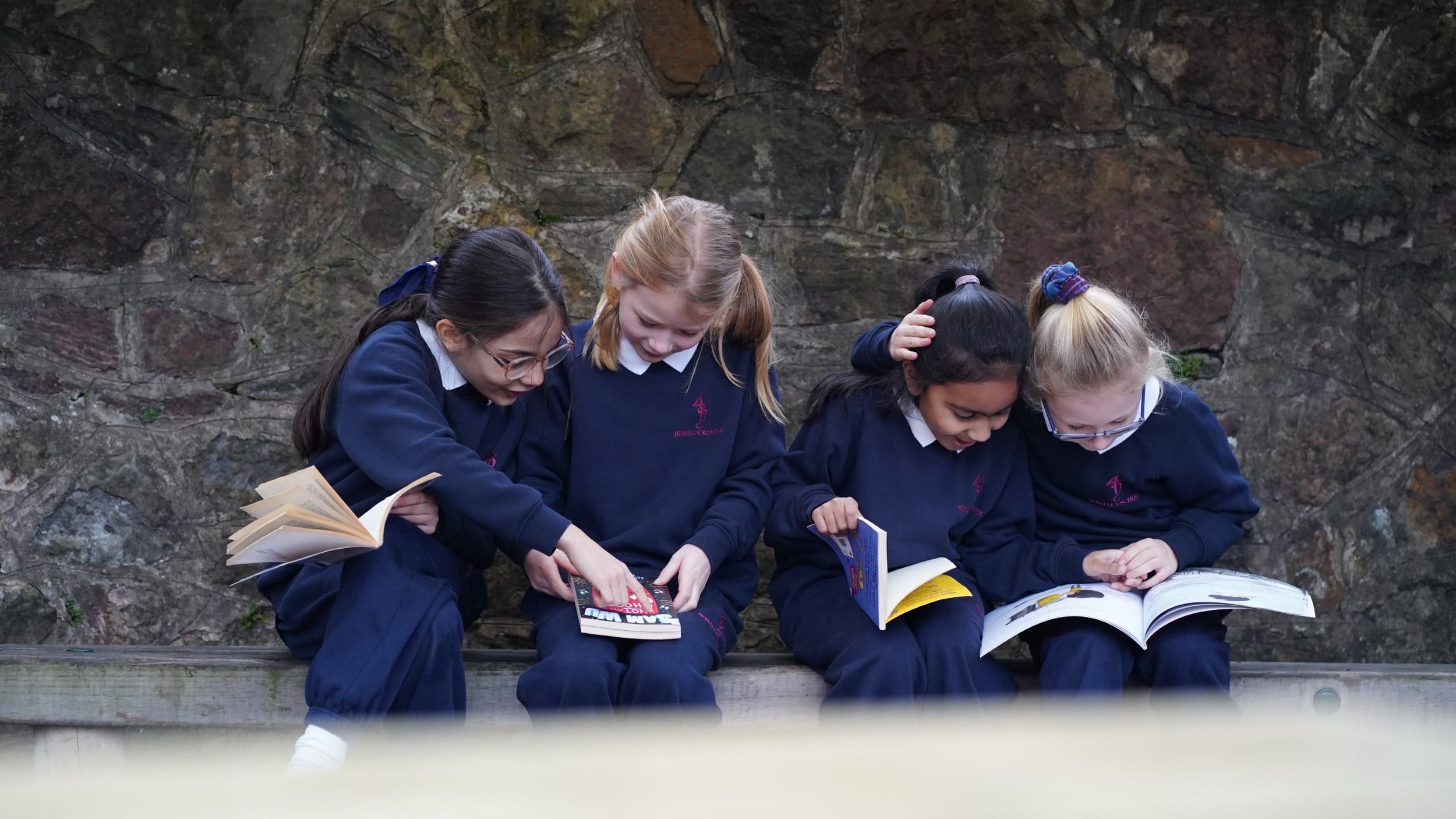
DECARBONISING THE LARGEST GROUP OF INDEPENDENT SCHOOLS IN THE UK
Girls Day School Trust
INSIGHT
Girls Day School Trust (GDST) achieved carbon neutrality via offsets and would like to become carbon positive by 2050.
To achieve this GDST recognise the need to reduce carbon emissions from gas and electricity by more than 40% by 2030.
GDST understand the critical role buildings will play in heat decarbonisation and contributing towards reducing the emissions associated with their estate to achieve their 2050 target.
IDEA
Selecting five key school sites within the GDST portfolio to identify how to decarbonise heat in these schools via commissioning Silver EMS/Elevate Everywhere to produce a heat decarbonisation feasibility and scoping study.
The schools eligible to be part of this study included those where existing heating infrastructure was coming to the end of its life cycle and where these assets require upgrading from summer 2023.
The idea of the study was to investigate and propose preferred, costed options for upgrading and retrofitting existing heating plant and infrastructure in these five school sites as these come to the end of their lifecycle.
Options were evaluated regarding projected carbon savings, available technological solutions and associated carbon reductions, and high-level whole life cycle costing to inform the long-term capital investment programme.
The project aims to assess how to decarbonise heat in five key schools within the GDST portfolio by identifying and proposing costed options for upgrading and retrofitting existing heating plants and infrastructure. The options proposed will be evaluated based on their carbon savings, technological solutions, and whole-life costing. The project will deliver a feasibility study report outlining a long-term heating strategy for these schools, including a technical assessment, a scope of works, and phasing scenarios for implementation. The conclusions and recommendations of the study will support business case development for heating upgrades and retrofits in the summer of 2023 and identify subsequent upgrade phases in subsequent years.
What will the project deliver?
THE SOLUTION
A desktop study was conducted to gather relevant information on energy, carbon and building data prior to the site survey.
Site surveys to inspect buildings, services and gather baseline information to drive decarbonisation options.
Heat decarbonisation options are identified and analysed using energy modelling software to determine viability, cost/benefit analysis, and risk profile.
Techno-economic assessment on viable options to determine whole-life costing, payback, scope of works, and phasing scenarios for implementation from 2023 to 2050.
We produced a feasibility study report for each site outlining options for a holistic view and long-term heating strategy for these five schools, aimed at reducing carbon emission and embracing low zero carbon technologies, where possible.
The report outlined the results of the study including propose preferred costed options for upgrading and retrofitting existing heating plant and infrastructure in these sites.
The options reported were evaluated in terms of projected carbon savings and high level whole life cycle costing to inform the long-term capital investment programme of GDST.
The conclusions and recommendations of this study supported business case development for for heating upgrades and retrofits proposed in the summer of 2023 and identified the next phases of these upgrades that will follow in subsequent years.
IMPLEMENTATION

IMPACT
Intelligence and awareness of the challenges + opportunities for each school
Reduced emissions to achieve short and long-term goals.
Upskilled estates teams and leaders to evolve the transition to a carbon-positive organisation.



